Why You Need Zinc in Your Diet and the Benefits of IV Zinc Therapy
Zinc, a crucial trace mineral, plays an essential role in numerous bodily functions. From boosting the immune system to aiding wound healing and improving your sense of taste and smell, the health benefits of zinc are immense. However, many people don’t get enough zinc through diet alone, leading to zinc deficiency and its associated health issues. In this blog post, we’ll explore why zinc is vital for your well-being, the best sources of zinc, and why IV therapy is an excellent way to ensure optimal zinc absorption.
Why Zinc is Essential
Zinc is involved in over 300 enzymes that support critical bodily functions, including protein synthesis, DNA formation, and immune defense. It's indispensable for maintaining proper immune function, combating cold symptoms, and protecting against age-related macular degeneration (AMD). Zinc is also a powerful antioxidant, helping to neutralize free radicals and reduce inflammation.
Key Benefits of Zinc:
Immune System Support: Zinc strengthens the body's natural defenses, helping fight off infections like the common cold.
Wound Healing: Zinc accelerates the healing process, making it an essential nutrient for those recovering from ulcers or surgery.
Vision Health: Maintaining appropriate levels of zinc is critical in slowing vision loss associated with AMD.
Sense of Taste and Smell: Zinc deficiency can impair these senses, leading to a diminished quality of life.
Hair Loss Prevention: Sufficient zinc promotes healthy hair growth and prevents thinning.
Understanding Zinc Deficiency
Zinc deficiency is surprisingly common, particularly among vegetarians, vegans, and individuals with specific health conditions. Low zinc levels can cause hair loss, loss of appetite, weight loss, and delayed wound healing. In severe cases, it may lead to immune dysfunction and stunted growth in children and adolescents.
Groups at higher risk include:
Pregnant and breastfeeding women
People with chronic illnesses
Those on medications like diuretics or penicillamine
Older adults
Dietary Sources of Zinc
Consuming good sources of zinc can help meet your daily requirements. These include:
Whole grains and breakfast cereals (fortified with zinc)
Legumes such as lentils, chickpeas, and beans
Dairy products and meat
Seafood, particularly oysters, which are rich in zinc
Nuts and seeds
Dairy products
For vegetarians and vegans, plant-based food sources like legumes, whole grains, and nuts can provide zinc, but these often contain phytates, which may inhibit zinc absorption.
Why IV Therapy is an Excellent Option for Zinc
While eating a balanced diet and taking dietary supplements like zinc gluconate, zinc acetate, or zinc oxide can help maintain adequate zinc intake, IV therapy offers an unparalleled method for delivering zinc directly into your bloodstream. This ensures optimal zinc absorption and bypasses any potential barriers in the digestive system caused by phytates, calcium, or magnesium. It also provides immediate results, especially for individuals with severe deficiencies or conditions like AMD or chronic ulcers.
Benefits of Zinc IV Therapy:
Immediate and effective zinc absorption
Support for the immune system during illness or recovery
Assistance in wound recovery and prevention of complications from zinc deficiency
Convenient supplementation for those who struggle to get enough zinc through diet or zinc supplements
How Much Zinc Do You Need?
According to the National Institutes of Health (NIH), the recommended daily allowance (RDA) for zinc varies by age and gender. Adult men typically require 11 mg of zinc per day, while women need 8 mg. During pregnancy and breastfeeding, zinc requirements increase. However, taking high doses or supplemental zinc without guidance can lead to zinc toxicity and issues like copper deficiency or gastrointestinal side effects.
Choose Zinc IV Therapy for Optimal Health
Zinc is an essential micronutrient that supports nearly every aspect of health. Whether you're recovering from the common cold, concerned about cholesterol, or managing AMD, ensuring your body has the proper amount of zinc is crucial. IV therapy not only guarantees effective absorption but also provides the peace of mind that you're meeting your body's needs efficiently.
If you're unsure about your zinc status, consult with a dietitian or healthcare provider to determine whether oral zinc, multivitamins, or IV therapy is right for you.
Conclusion
From its role in immune defense to supporting vision and healing, zinc is a cornerstone of health. While food-based sources of zinc like whole grains, legumes, and dairy products are beneficial, some people may need the added support of zinc supplements or IV therapy. If you suspect you're experiencing symptoms of zinc deficiency or want to maximize your health, consider IV zinc therapy as a safe and effective option under the guidance of a qualified healthcare provider.
